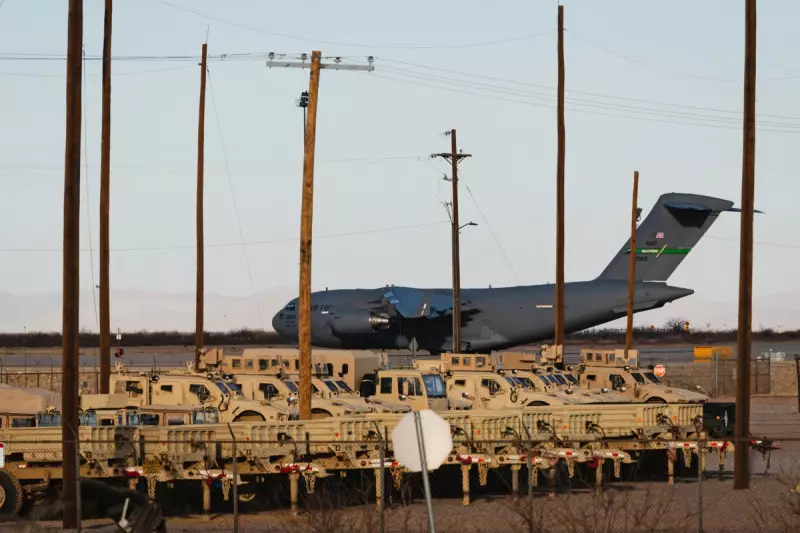
A deeply controversial episode from Donald Trump's presidency has resurfaced, detailing how dozens of vulnerable Honduran children were deported on a flight to Guatemala, a country not their own.
The policy, which has been described by critics as legally and morally questionable, saw minors processed under a rapid asylum agreement and subsequently removed to a nation where they had no family or support networks.
The Flight and The Figures
Reports confirm that a charter flight, organised by US immigration authorities, landed in Guatemala City carrying more than 60 children and teenagers from Honduras. This move was part of the implementation of a Asylum Cooperative Agreement (ACA), a key pillar of Trump's hardline immigration strategy designed to restrict asylum claims at the US southern border.
Rather than being returned to their families in Honduras, the minors were left in the care of Guatemalan officials, creating a precarious situation for individuals already fleeing violence and poverty.
Legal Challenges and Humanitarian Concerns
The policy ignited immediate legal and ethical challenges. Human rights organisations and immigration advocates condemned the action, arguing it violated international protocols designed to protect child refugees and put the deportees at further risk.
"Sending a child to a country that is not their own, without a parent or guardian, is a clear violation of their rights and a shocking abdication of responsibility," a statement from a leading advocacy group read.
The Legacy of a Hardline Strategy
This incident exemplifies the aggressive approach the previous administration took to deter migration. The ACAs, often referred to as "Remain in Mexico" or third-country asylum deals, were central to this effort, though their effectiveness and humanity were widely debated.
The fallout from such policies continues to be felt, as courts and the current Biden administration grapple with their complex legal and humanitarian legacy.






